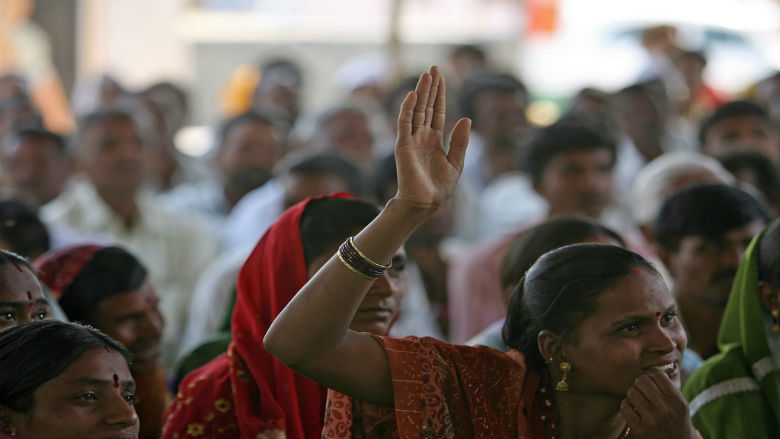ieGovern
Government organizations provide essential public services in key areas such as health, education, and infrastructure. The size of the public sector is especially large in developing countries. However, key determinants of effective governments are still largely unknown. For instance, which factor is most important to ensure effective delivery of public goods? Or, which mechanisms ensure a more transparent and accountable public procurement process? These are still unanswered policy research questions. Governance reforms are often long term, complex, and difficult to measure. Rigorous evidence on what works in the sector is, therefore, in short supply. In fact, the governance field represents less than 3 percent of registered impact evaluations.
DIME and the Governance Global Practice launched the ieGovern program in 2013 to produce rigorous evidence to improve governance project results and to push the frontier of available evidence on what works in governance reform. To date, the program has a portfolio of 31 IEs across the world that study four main themes: (i) civil service reform, (ii) public financial management (tax and procurement), (iii) justice, and (iv) decentralization/subnational public-sector management.
Over the last year, the program has reached maturity: most IEs in the portfolio have passed concept note stage and are currently being implemented. A conceptual framework centered on mechanisms of incentives, demand-side and top-down accountability, relaxing of constraints, and delivery mechanisms has been firmly established (see also the Governance and Accountability section in chapter 5.4). Lastly, important initiatives related to ieGovern have been launched: the Bureaucracy Lab and the Research Flagship report of the Global Tax Team (see more details below).

